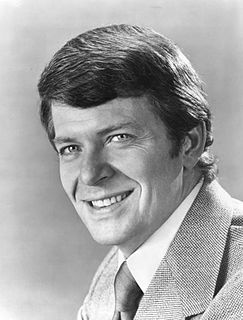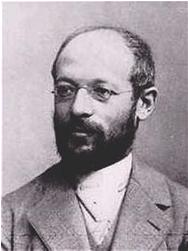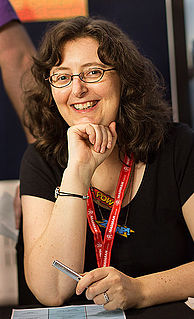Top 1200 Stranger Than Fiction Quotes & Sayings - Page 20
Explore popular Stranger Than Fiction quotes.
Last updated on December 19, 2024.
If any friend desire thee to be his surety, give him a part of what thou hast to spare; if he press thee further, he is not thy friend at all, for friendship rather chooseth harm to itself than offereth it. If thou be bound for a stranger, thou art a fool; if for a merchant, thou puttest thy estate to learn to swim.
The novels are always morphing into something else now, some kind of hybrid, more of a ground that isn't so easily specified. I suppose you could call it creative non-fiction, and rather focused on the natural world, which is what I'm most interested in reading these days. At least that would be the closest thing, but my books also include some fiction, so they're difficult to pinpoint.
When I got inside, I just sort of stood there. There's nothing stranger than the smell of someone else's house. The scent goes right to your stomach. Mary's house smelled like lemon furniture polish and oatmeal cookies and logs in a fireplace. For some reason it made me want to curl up in the fetal position. I could have slept right there on their kitchen table.
As you may know, my motto is: "All memory is fiction." It could just as easily be: "All fiction is memory." Unpacked, these two statements defy the ease of logic, but offer some really important truths about narrative art, at the very least, and about memory. So I would say that all art is personal.
Reading Tomato Red-the first Daniel Woodrell novel I came upon-was a transformative experience. It expanded my sense of the possibilities not only of crime fiction, but of fiction itself-of language, of storytelling. Time and again, his work just dazzles and humbles me. God bless Busted Flush for these glorious reissues. It's a service to readers everywhere, and a great gift.
External realities - worlds of politics, economics, law, war, interpersonal and social relations - are part of prose fiction. Fiction also includes the realities of a character's interior language. Poetry can encompass the same realities, but in compressed, intensified language, which creates entirely different degrees of emotional force.
The girls in California were probably prettier in a standard sense than the New York girls--blonder and in better health, I guess; but I still preferred the way the girls in New York looked--stranger and more neurotic (a girl always looked more beautiful and fragile when she was about to have a nervous breakdown).
In the form of the oeuvre, the actual circumstances are placed in another dimension where the given reality shows itself as that which it is. Thus it tells the truth about itself; its language ceases to be that of deception, ignorance, and submission. Fiction calls the facts by their name and their reign collapses; fiction subverts everyday experience and shows it to be mutilated and false.
Reading fiction is important. It is a vital means of imagining a life other than our own, which in turn makes us more empathetic beings. Following complex story lines stretches our brains beyond the 140 characters of sound-bite thinking, and staying within the world of a novel gives us the ability to be quiet and alone, two skills that are disappearing faster than the polar icecaps.
Inspiration comes from so many sources. Music, other fiction, the non-fiction I read, TV shows, films, news reports, people I know, stories I hear, misheard words or lyrics, dreams... Motivation? The memory of the rush I get from a really good writing session - even on a bad day, I know I'll find that again if I keep going.
I'd be surprised if non-fiction writers hate to be interviewed. We all hate them, because there's really nothing to say except "Read the book." Right? At least with non-fiction, you can kind of convey some information, and people can decide for themselves whether they want more of that kind of information. But with a novel, what am I going to do?
The observations and encounters of a devotee of solitude and silence are at once less distinct and more penetrating than those of the sociable man; his thoughts are weightier, stranger, and never without a tinge of sadness. Images and perceptions which might otherwise be easily dispelled by a glance, a laugh, an exchange of comments, concern him unduly, they sink into mute depths, take on significance, become experiences, adventures, emotions.























































